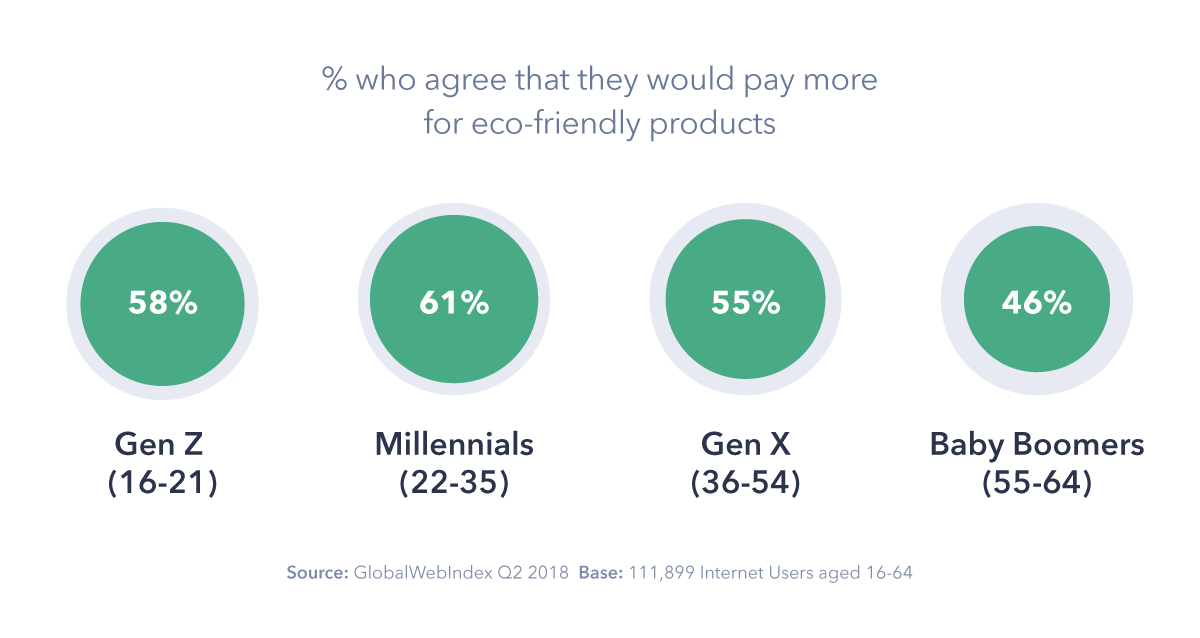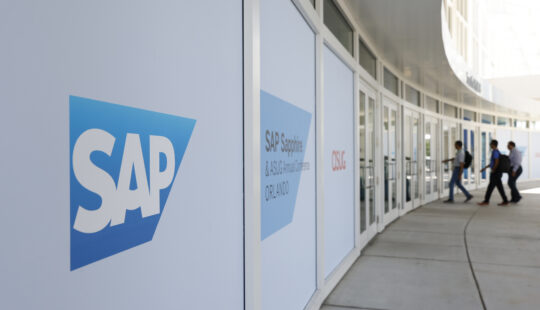Business leaders solve multiple challenges every day. But are we prepared to solve the following? There are 7.7 billion people on the planet today. Already tomorrow, it will be 190,000 more.
- Companies today are judged on the positive contribution they make to society.
- Concern is growing about how technology is affecting jobs, inequality, health, and security.
- Digital transformation changes how companies manage their relationships with the larger world.
Indonesia announced plans to move its capital away from Jakarta as the city is sinking 25 centimeters per year due to rising sea levels and land subsidence, with underground water supplies being drained. The average income of the richest 10 percent of the population is about nine times that of the poorest 10 percent across the Organization for Economic Co-Operation and Development (OECD) countries.
Not our business? Well, it is now. Solving today’s biggest challenges requires all of us to act, no matter if in the economic, technological, societal, or educational field – because all our actions are interdependent.
Critical minds might ask why companies should bother, with their primary reason being to make money. These critics should not underestimate the power of the consumer.
Consumers today have access to more information than ever. They know exactly what they want, and they know how to get it. The best product at the best price is always available at their fingertips.
But their criteria have changed — an increasing number of customers aren’t just making decisions based on products or price anymore. They are closely looking into what a brand says, what it does, and what it stands for.

It’s the same with employees; they aren’t just joining companies for the money. They choose companies that embrace their responsibility toward humankind and the planet. Put simply, companies today don’t just prosper based on their financial performance, but on how they make a positive contribution to society.
No matter where you look, concern is growing about how technology is affecting issues such as jobs, wages, inequality, health, resource efficiency, and security. These changes are altering the world so drastically that all companies need to undergo a transformation to avoid going extinct.
This transformation means integrating digital technology into all areas of a business to fundamentally change how companies operate and deliver value to customers. While this might be a scary vision for some, it is one of the strongest drivers of change. Companies need to adapt their business models to remain in business.
Technology and digitalization will help them achieve this with intelligent and highly agile digital supply chains that predict and respond to changes in the ecosystem to quickly capitalize on new opportunities and break down old barriers.
To do so, it takes modern technology, flexible data management, and highly agile processes. Only then will companies be able to establish new business models that connect an ecosystem of partners together in an end-to-end value chain that makes life easier for customers.
But transformation is also about a change of culture, which requires a radical rethinking of people, processes, and technologies. Becoming a digital organization means not only having digital products and services, but also powering core business processes and operations with technology. This often includes tectonic changes to tasks in a company and to the ways colleagues interact within the whole ecosystem.
And just like a business cannot digitally transform unless – or until – its people transform, I believe that, while they come with their own environmental costs, technology and digitalization can play a crucial role in developing solutions for a better tomorrow.
Just think about blockchain, with its incredible potential to add trust through traceability across food supply chains, helping manufacturers, consumers, and regulators alike. Artificial intelligence (AI) can empower people with disabilities, for example, by translating eye movements into program commands, or reduce bias in the hiring process. Smart cities work in conjunction with everything from sensors to open data collection and smart streetlights to provide better services and protect resources.
This sounds easy, but it needs a lot of transformation. Transformation inside companies by integrating digital technology into all areas of their business. Transformation of a company’s internal culture, with leaders setting the tone of a company, embracing change and embodying and instilling trust for and with their employees. Transformation of society’s perception of technology.
There is no doubt that technology and digital transformation break down silos and create transparent and unified data for objective decision-making. But even more so, they change how companies manage their relationships with the wider world.
The macro-environment is inexplicably and undeniably unpredictable. If we want to create a cohesive and sustainable world, we must be able to look beyond corporate boundaries and toward the societies and communities in which we operate. We need to establish an ecosystem of trust in which we can unite and build bridges, a network of links that allows us to exchange ideas to create a safety net for the most marginalized, those who live in areas of conflict, those whose lives are being disrupted by the climate emergency.
In the end, any transformation will succeed or fail with people. No amount of technology will save an organization without a competent workforce. Therefore, we must bring people in on this massive transformation toward a better future. As global citizens, we not only have rights, we also have responsibilities and obligations.
Let’s seize the time in Davos to discuss and to collaborate, to foster change and to come up with an action plan on how our society is ready to advance. It is up to all of us to use technological advancements to tackle the world’s greatest challenges and turn them into our biggest opportunities. The world depends on us to do so.
Christian Klein is co-CEO of SAP SE.
This story originally appeared on the World Economic Forum website.



